New York City, Sep 22 (V7N) – As numerous global challenges continue to unfold, world leaders are convening this week in New York for the annual United Nations General Assembly (UNGA). This gathering comes with a call for cooperation, not only to address pressing issues but also to modernize the post-World War II institutions for dealing with future global threats.
UN Secretary-General Antonio Guterres had emphasized the urgency a year ago, urging world leaders to come together for a "Summit of the Future." He warned that humanity and the planet were at risk, urging a renewed commitment to multilateralism, the cornerstone of the UN, and for reforming aging global frameworks to tackle emerging crises.
During a press briefing last week, Guterres reiterated that global challenges are advancing faster than solutions. He cited political conflicts, climate change, social inequalities, rising debts, and the regulation of emerging technologies like artificial intelligence as growing concerns.
The two-day summit will kick off on Sunday, preceding the high-level meeting where more than 130 global leaders are expected to discuss wars in Gaza, Ukraine, and Sudan, among other topics. A key question remains: Will leaders take tangible steps toward future cooperation?
One major challenge is reaching consensus on the summit’s main document, with Russia and a few other nations raising objections to the final text. Human rights advocates, such as Amnesty International’s Agnès Callamard, urged leaders to seize the moment, warning that missing this opportunity could have severe consequences for the future.
The high-level discussions will include notable addresses, including what may be US President Joe Biden’s last major speech on the global stage. Biden's focus, along with other leaders, will be on resolving conflicts, with US Ambassador Linda Thomas-Greenfield stressing the importance of bringing hope to the millions affected by war worldwide.
The escalating violence in Gaza and Ukraine, along with the threat of a wider Middle East conflict, is expected to dominate the week's discussions. Israeli Prime Minister Benjamin Netanyahu, Palestinian President Mahmoud Abbas, and Iran's President Masoud Pezeshkian are set to deliver speeches.
Meanwhile, Ukraine's President Volodymyr Zelenskyy will address both the UN Security Council and the General Assembly, highlighting the ongoing conflict in his country.
As these discussions unfold, the Slovenian UN Ambassador Samuel Zbogar will lead a meeting on "Leadership for Peace," focusing on why the Security Council is struggling to maintain international peace. He cited record-high conflict-driven displacement and eroding global stability as indicators of the urgent need for rebuilding trust.
One significant challenge facing the Security Council is the deep division among its five permanent members, each with veto power. While the US, France, and Britain back Ukraine, Russia, which has invaded Ukraine, maintains a strong military and economic alliance with China. Both Russia and China will be represented by their foreign ministers at this week’s meetings, as their presidents are absent.
Guterres, who will oversee the proceedings, highlighted the growing global disorder, noting that a rising number of conflicts are taking place with little fear of consequence for those involved.
END/SMA/MSS/



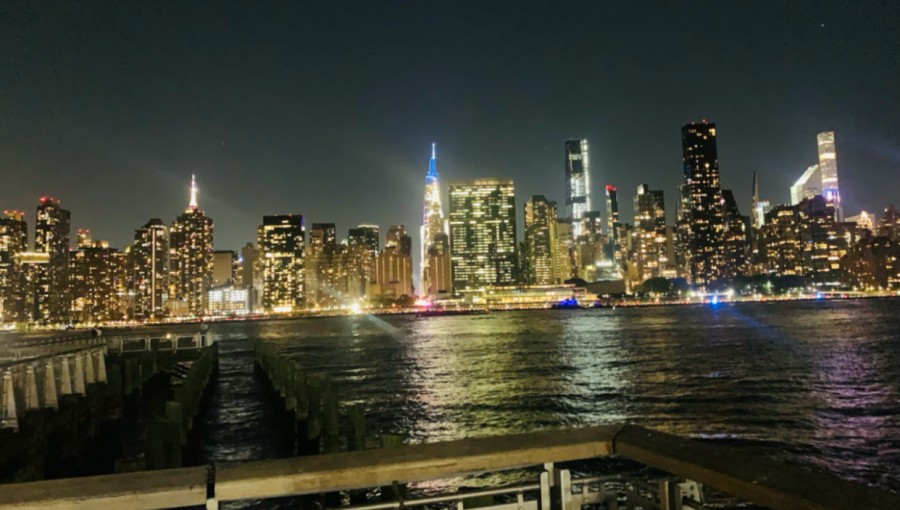
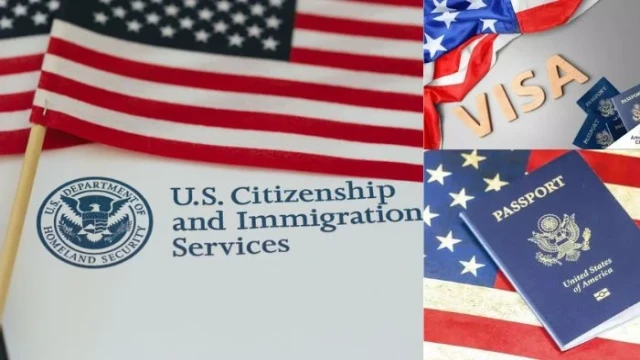
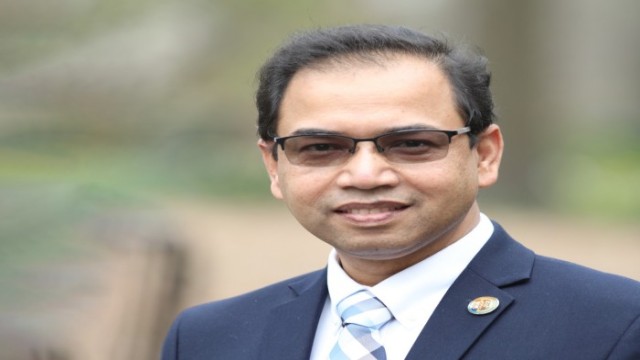
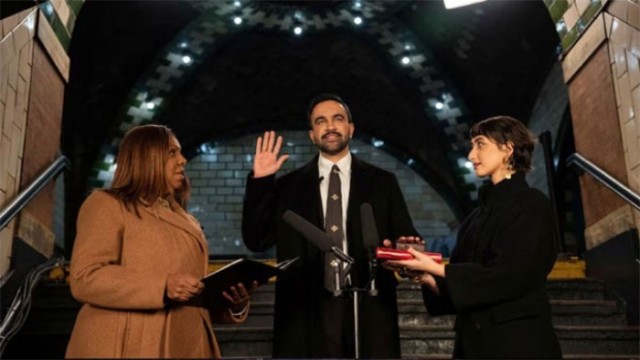
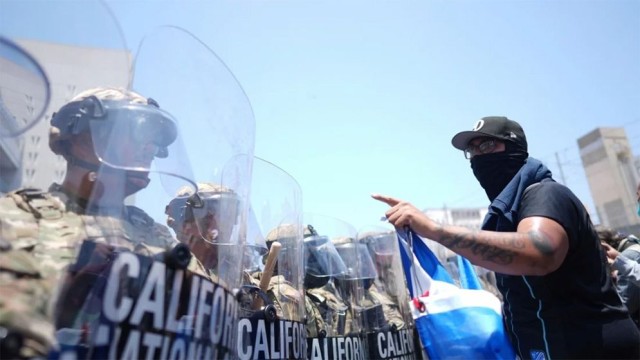
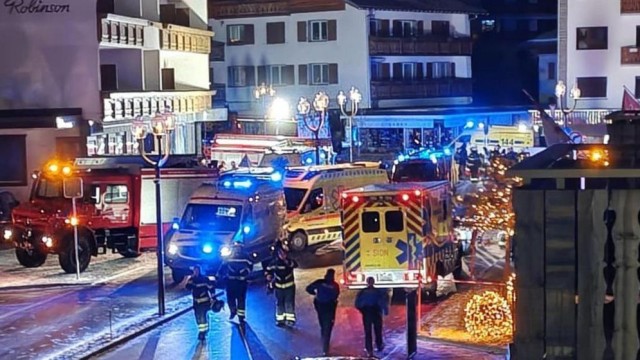
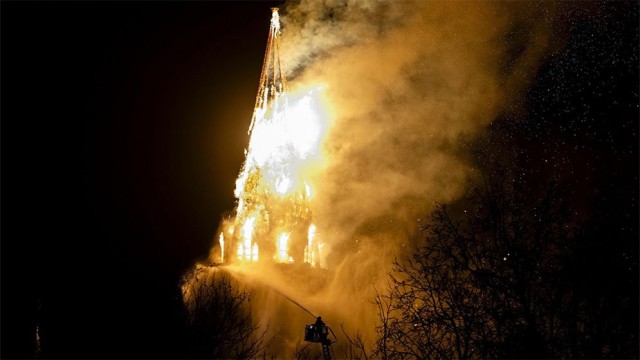
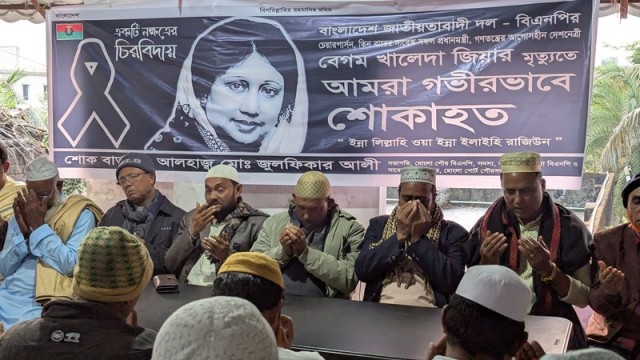
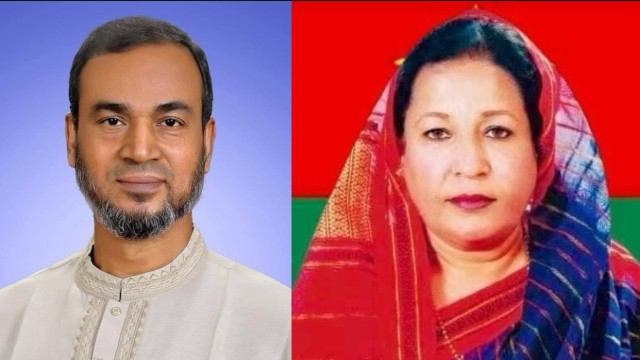
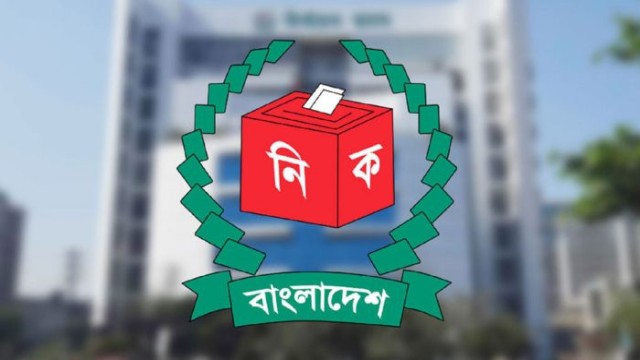
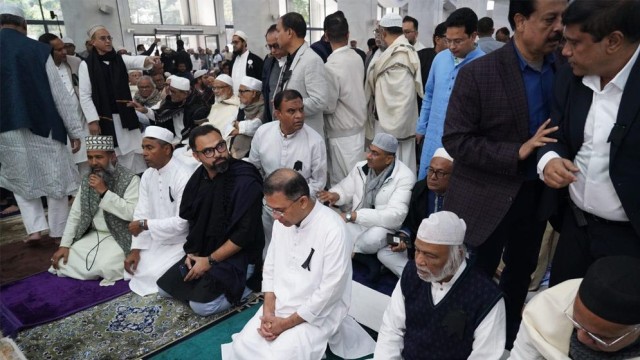
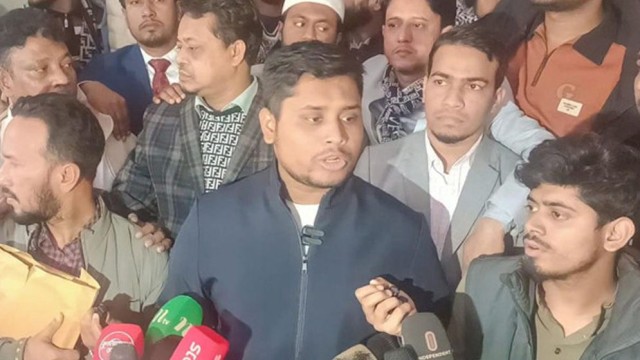
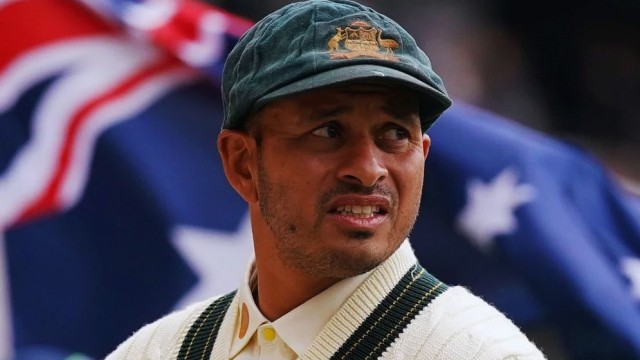
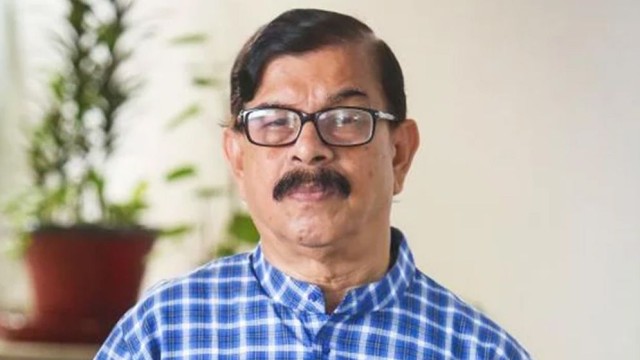
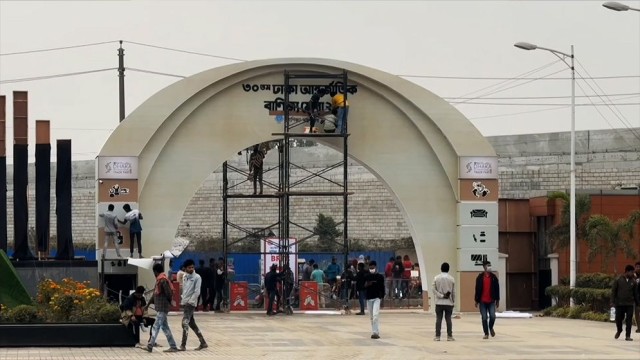
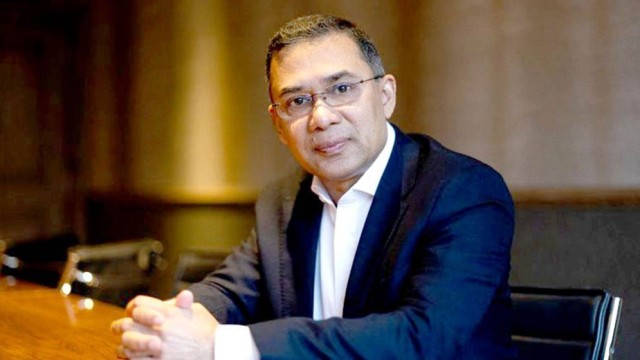


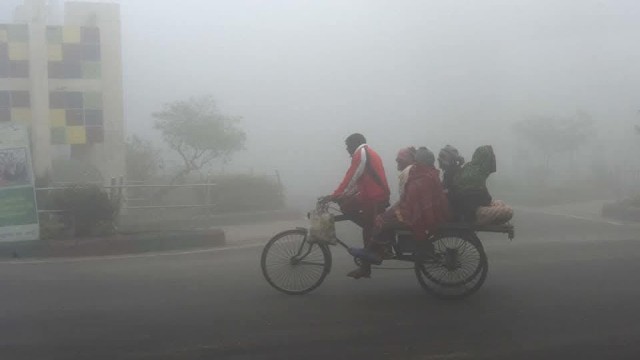
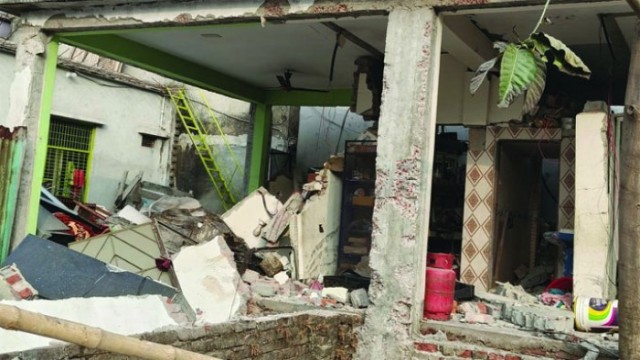
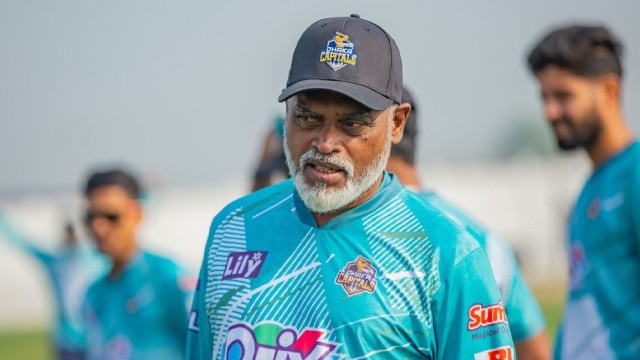
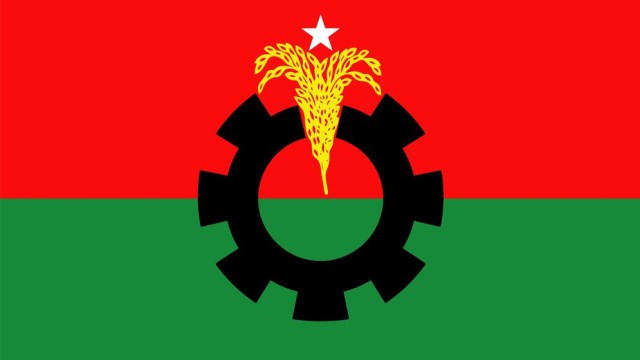
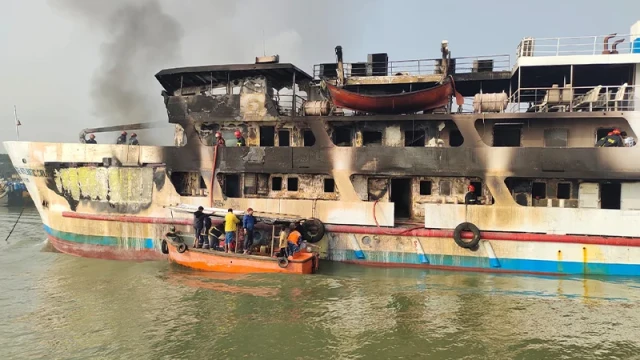
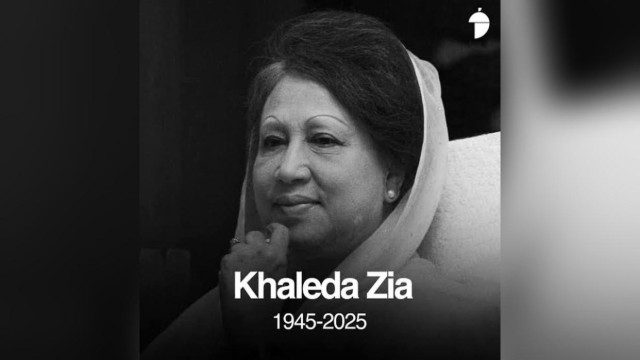
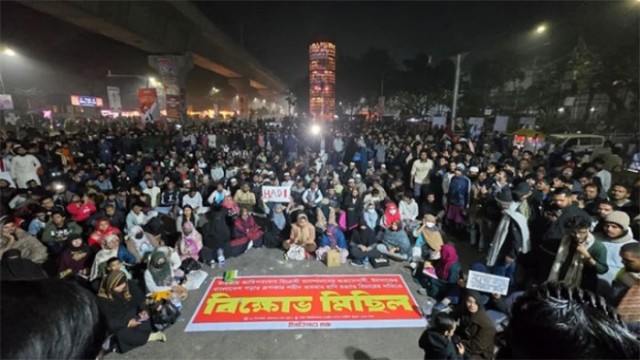

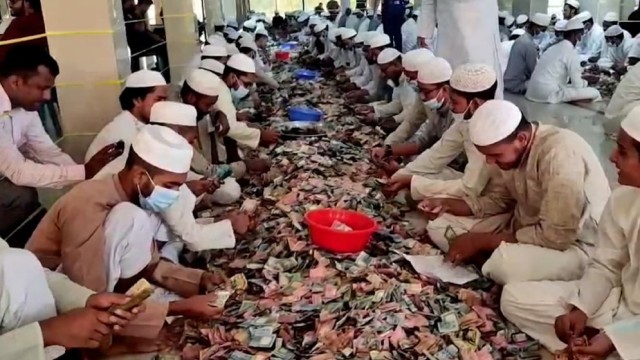
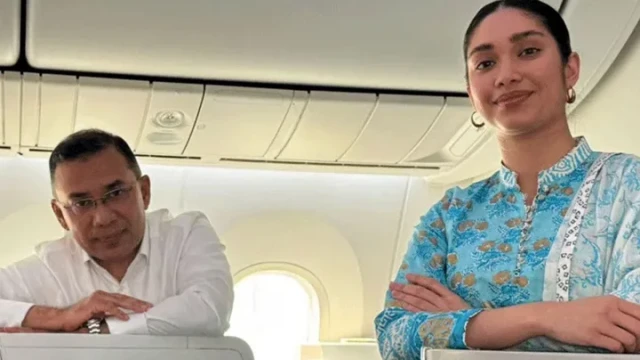
Comment: